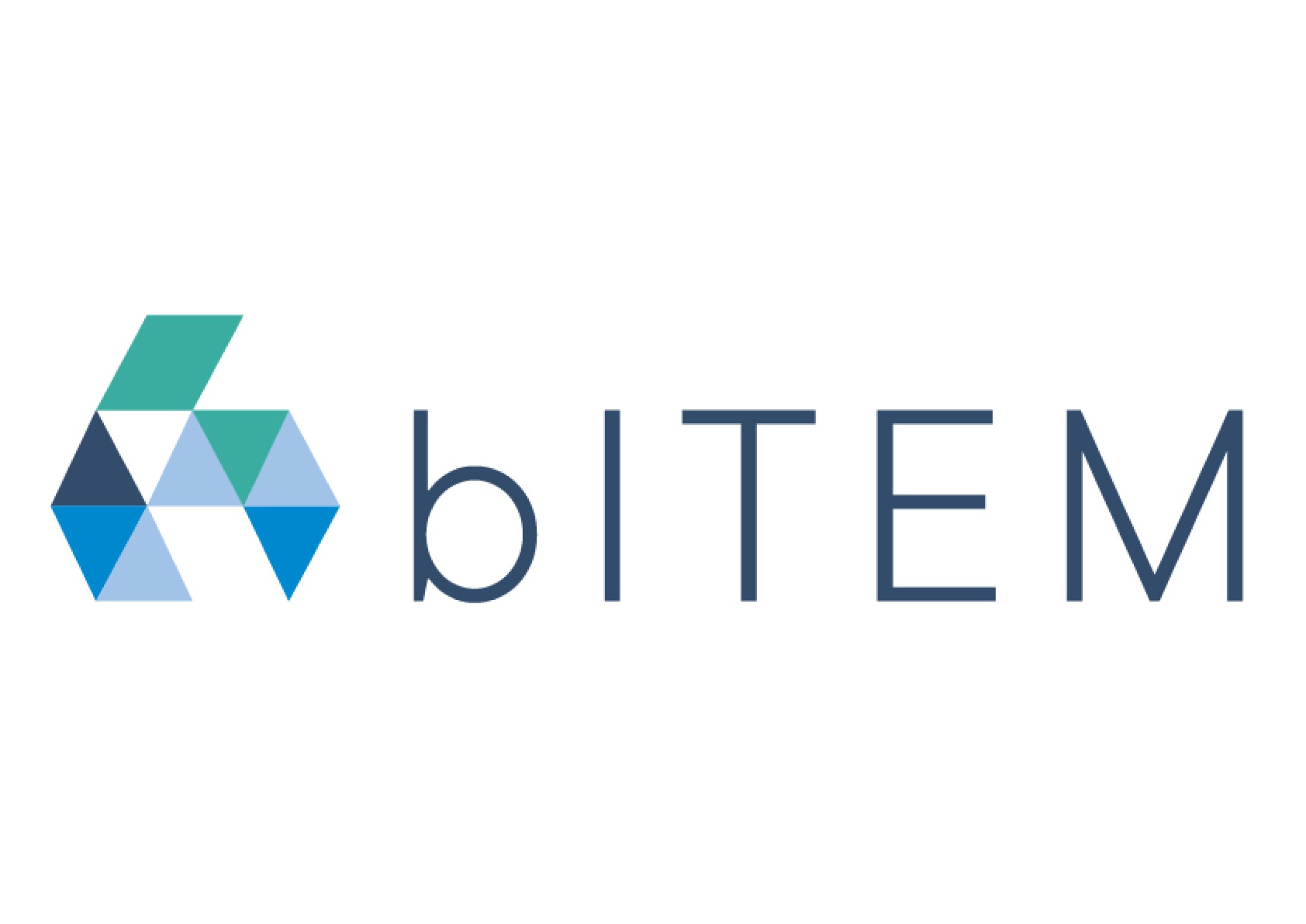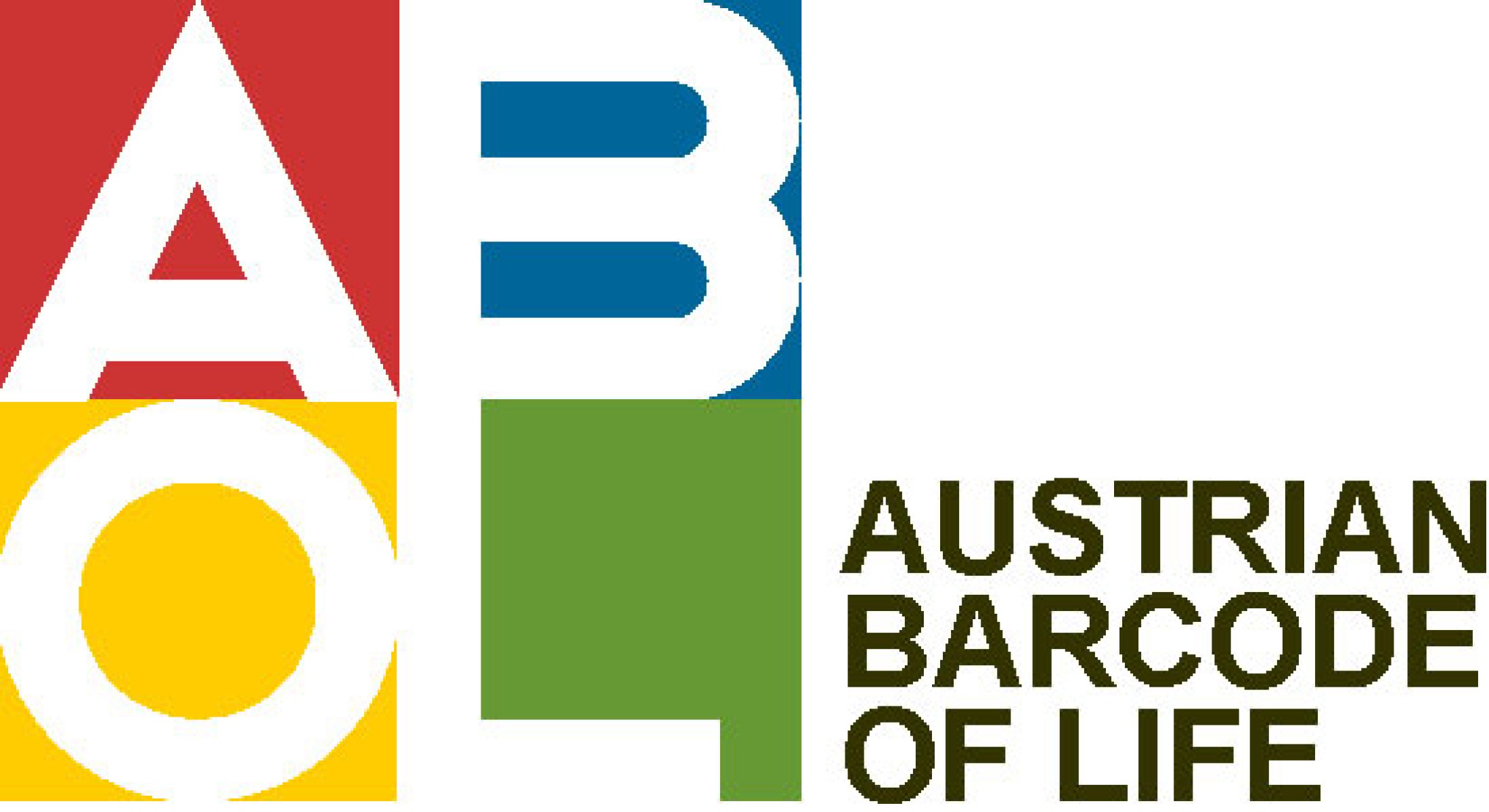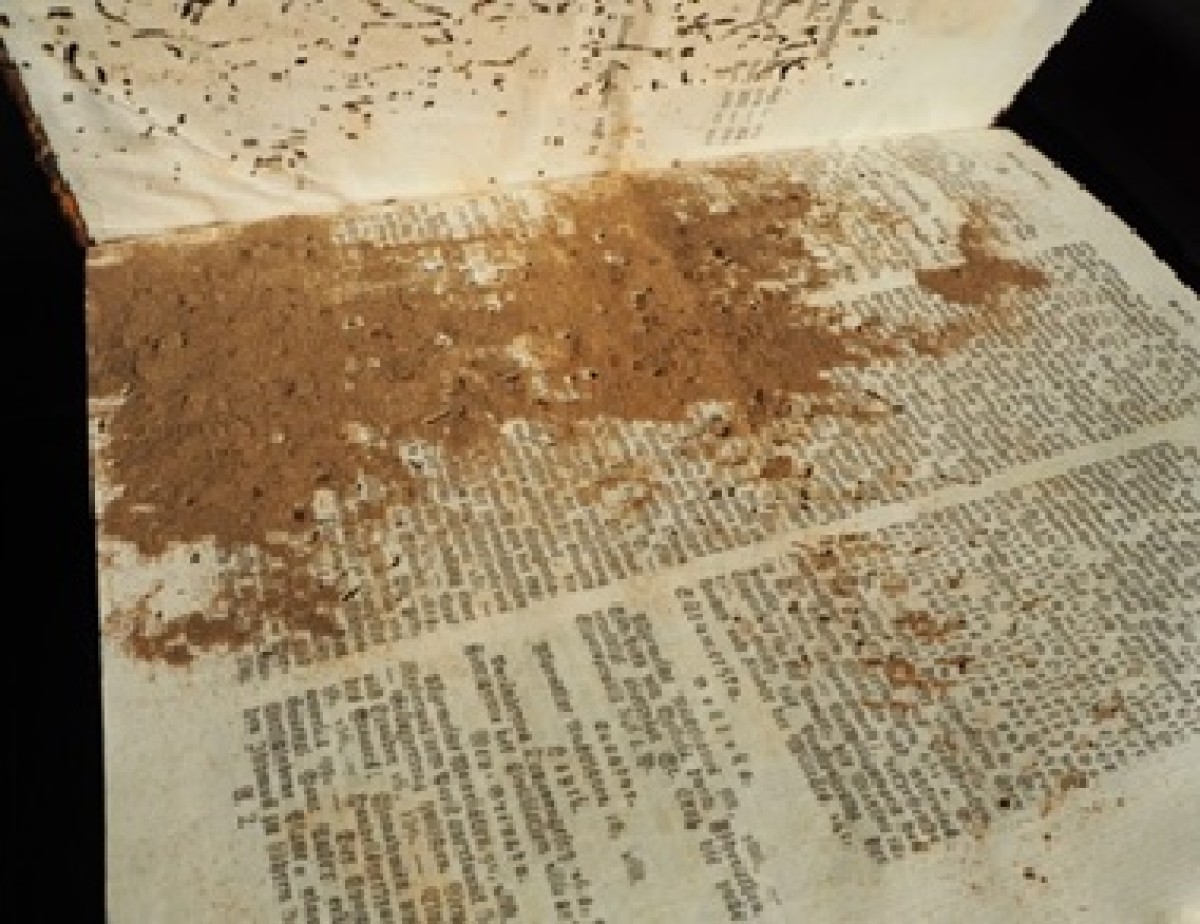- Geo-Time Travel
A Time Travel through the geological history of the Austrian-Moravian border region (GeoTT)
The Austrian-Moravian border region combines a unique heritage of the history of the earth. The development of this landscape
is documented over a period of 380 million years in a geographically relatively small area. It ranges from the bizarre reefs
of the Palaeozoic Era to the tropical lagoons of the Mesozoic Ear and the cold mammoth steppe of the Ice Age. The INTERREG ATCZ00013 GeoTT project enables a physical and digital journey through time bringing these past habitats to life. Contact:
- Database Project: "Dangerous Fauna of Africa"
The project "The Dangerous Fauna of Africa" is a collaboration between the Natural History Museum Vienna (1st Department of
Zoology and 3rd Department of Zoology), the Austrian Armed Forces, and the German Bundeswehr. The aim of this cooperation
is to prepare soldiers for missions in international areas with regard to potential dangers from animals. In addition to training
sessions and workshops, the main focus of the project is on developing a GIS-based database, where the Natural History Museum
Vienna provides information on potentially dangerous animals and methods of danger prevention. The animal groups considered
in the database range from single-celled organisms and parasitic worms to insects and arachnids, and even vertebrates like
reptiles and mammals. Faunistic sightings reported by personnel and soldiers on site are recorded in the database, contributing
not only to the knowledge about the distribution of individual animal species in hard-to-reach areas but also being useful
for future mission planning.
- TETTRIs – Transforming European Taxonomy through Training, Research and Innovations
The community of institutions, collections and experts, including the NHM Vienna, which are part of the CETAF taxonomic network, works closely together to gather taxonomic knowledge and expertise required to study, protect and manage biological diversity throughout Europe. We want to provide easy and open access to know-how and resources that should be sustainable over time and integrated into decision-making processes. To achieve this, TETTRIs contributes to a transformation of taxonomy in Europe through training, research transfer and innovation.
Contact:
- Skills4EOSC - Skills for the European Open Science Commons: Creating a Training Ecosystem for Open and FAIR Science
Contact:
- F.A.I.R. Information Cubes – FAIRiCUBE
A central goal of this project is to leverage the power of machine learning analyses on multidimensional datacubes for a broader range of governance and research institutions from diverse fields, who at present cannot easily access and utilize these potent resources.
Contact:
- bITEM - Beyond the Item: Biographies and Itineraries of Cultural Heritage Objects in Museums and beyond
Research and development of the bITEM project is hosted at the NHM Vienna as well as at the Vienna Institute for Archaeological Science at the University of Vienna, and formerly the LBI ArchPro. This project is funded by the go!digital 3.0 program of the Austrian Academy of Sciences (GD3.0_2021-17).
Contact: MSc Viola Winkler
- DiSSCo
DiSSCo is intended to create a European research infrastructure for collection-based data under the umbrella of the European Strategy Forum on Research Infrastructures (ESFRI).
DiSSCo aims to create a so far unaccomplished opening, connection, use and application of natural science collections in the European area and to fundamentally improve the possibilities of making natural science collections available for day-to-day research. Currently, the project is in the preparatory phase with DiSSCo Prepare, which is funded by the European Commission, and will move into the construction phase in 2022.
Contact:
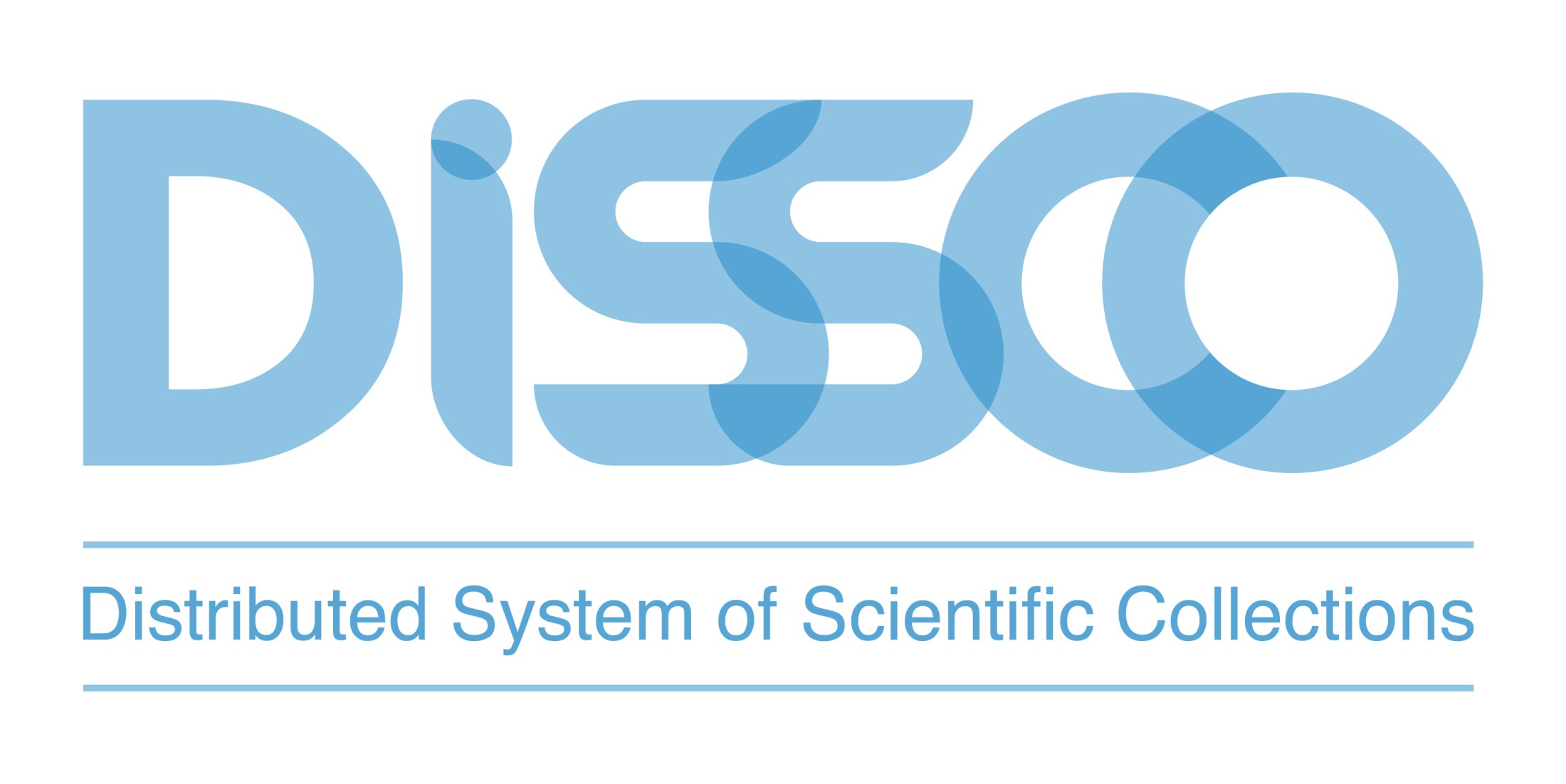
- OSCA – Open Scientific Collections Austria
Contact:
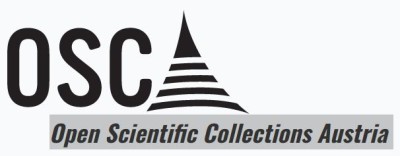
- SYNTHESYS +
It consists of the subdivisions Network, Virtual Access, Research und Transnational Access. The latter provides international scientists (with a focus on the EU) with access to the scientific collections of the participating museums.
Contact:

- COST MOBILISE - Mobilising Data, Policies and Experts in Scientific Collections






